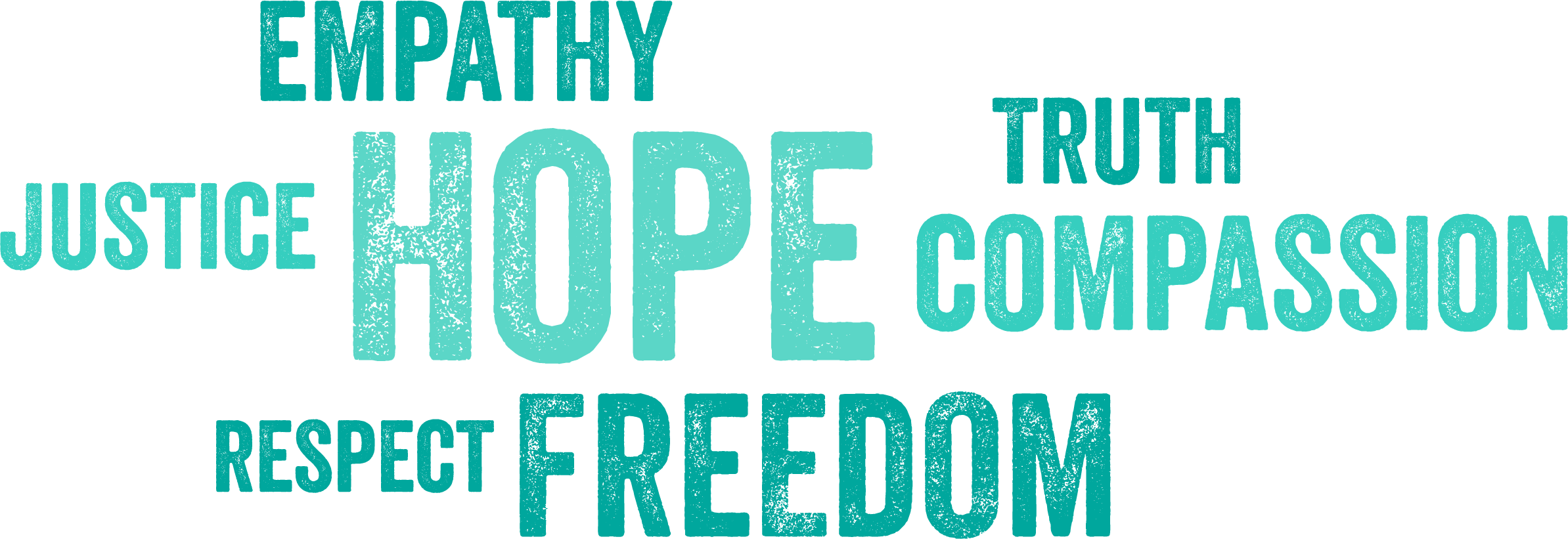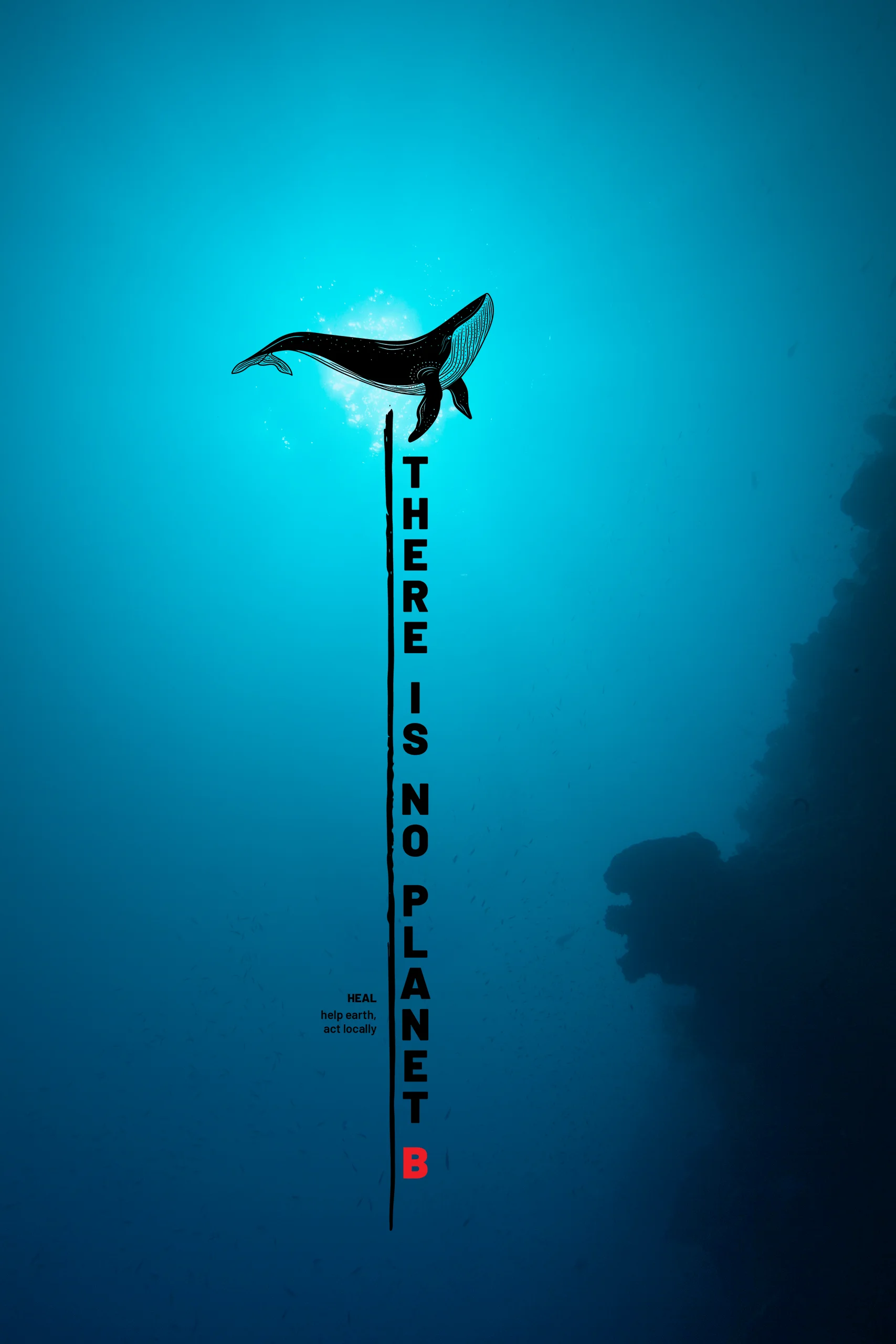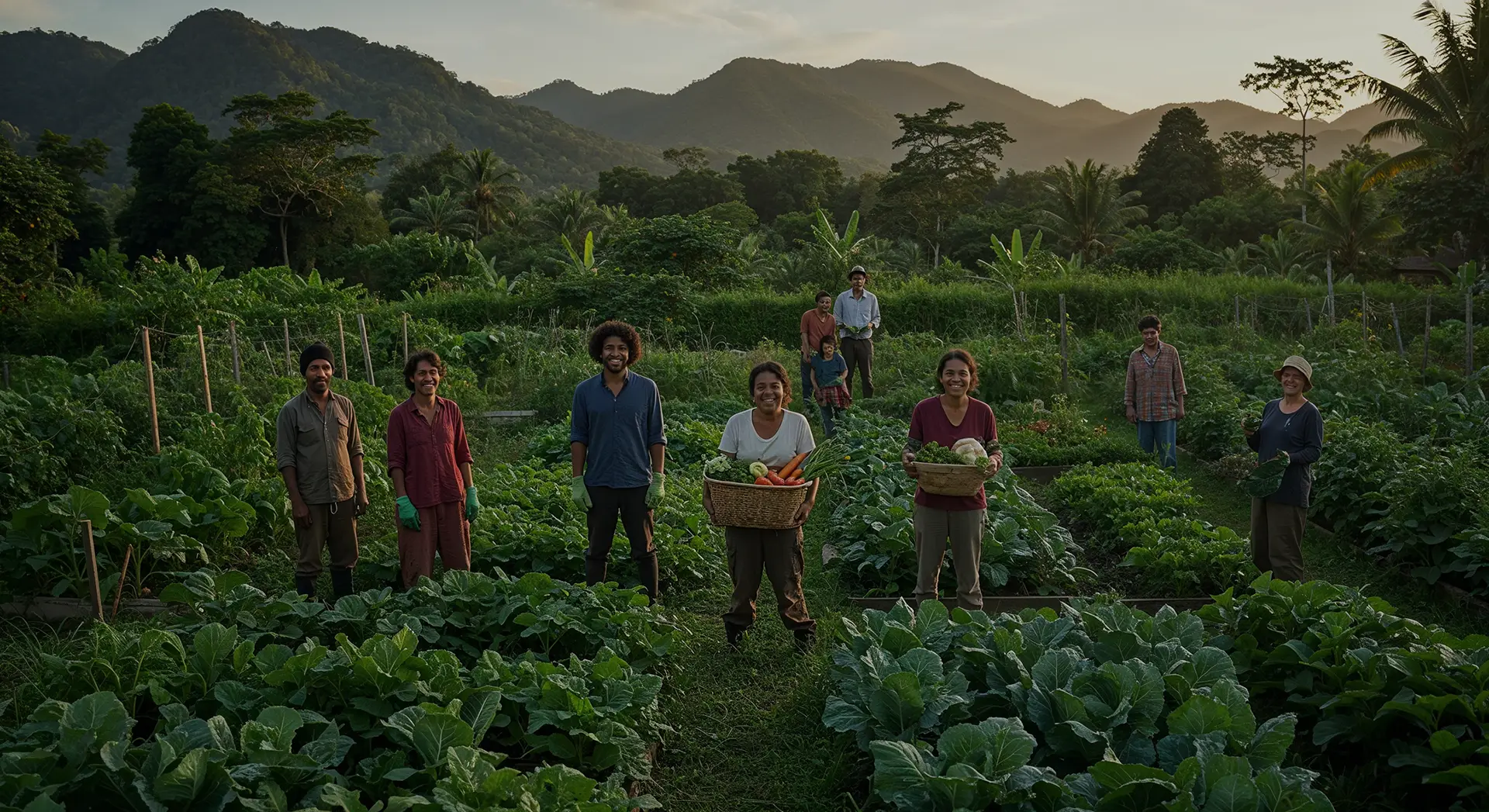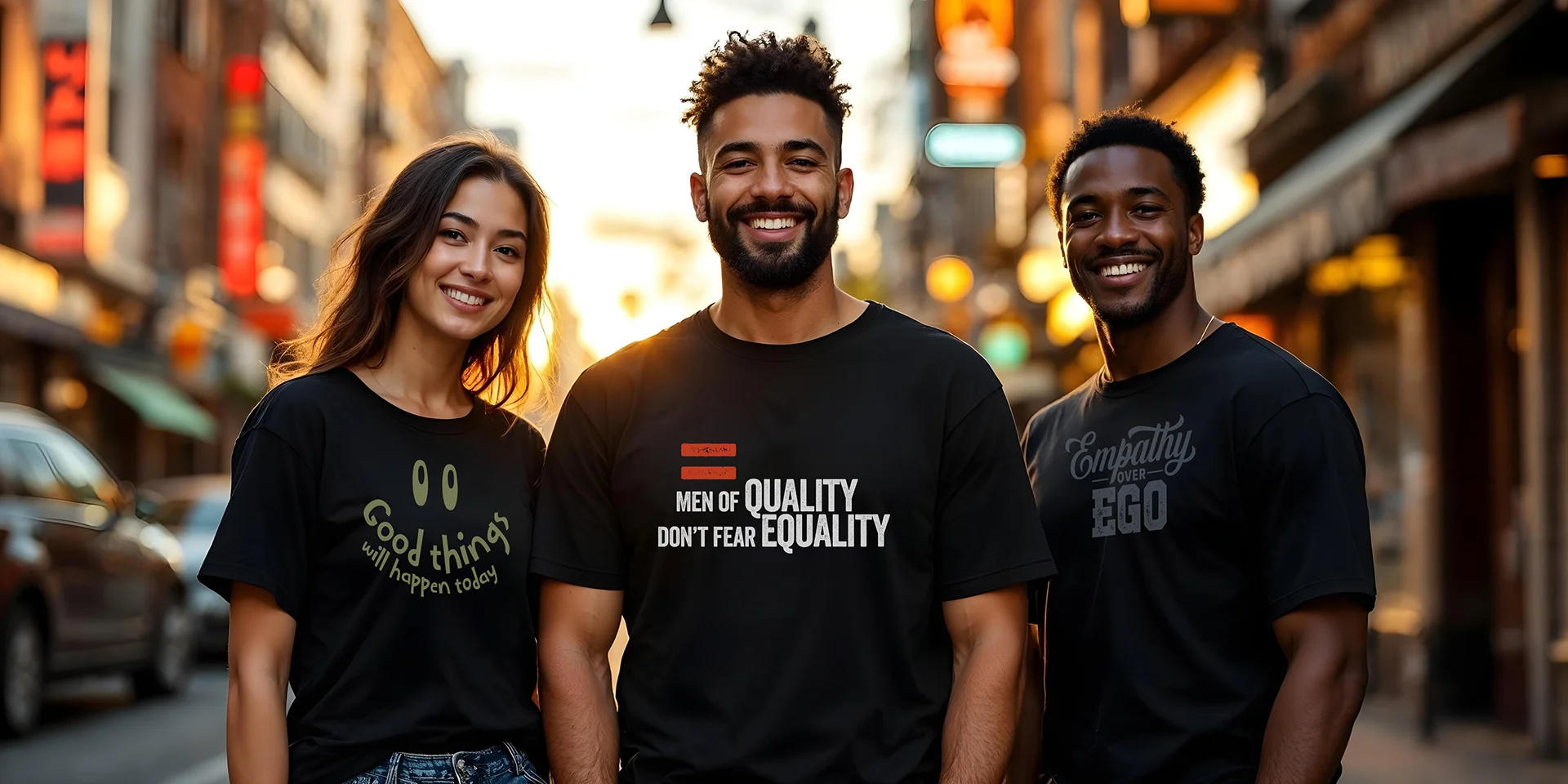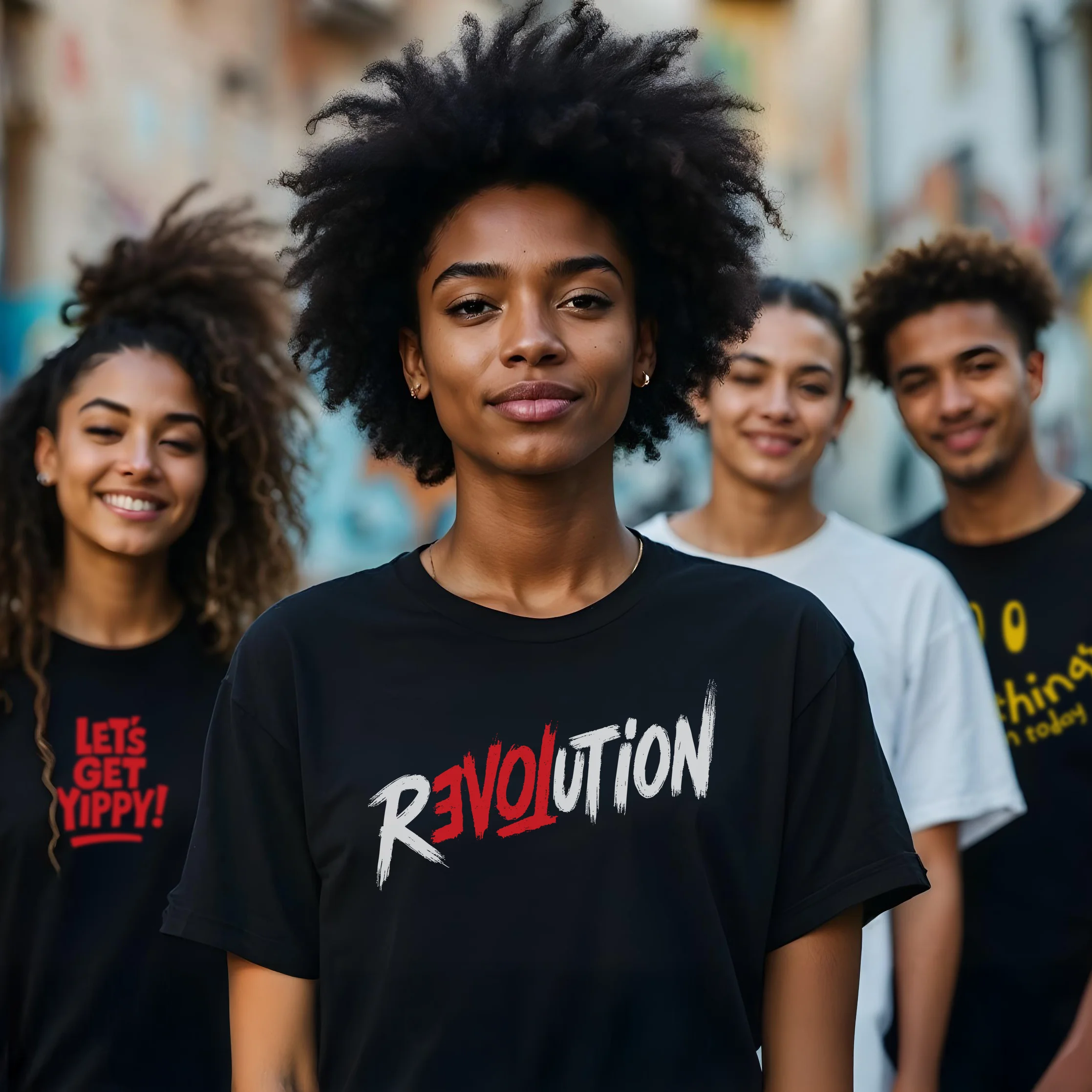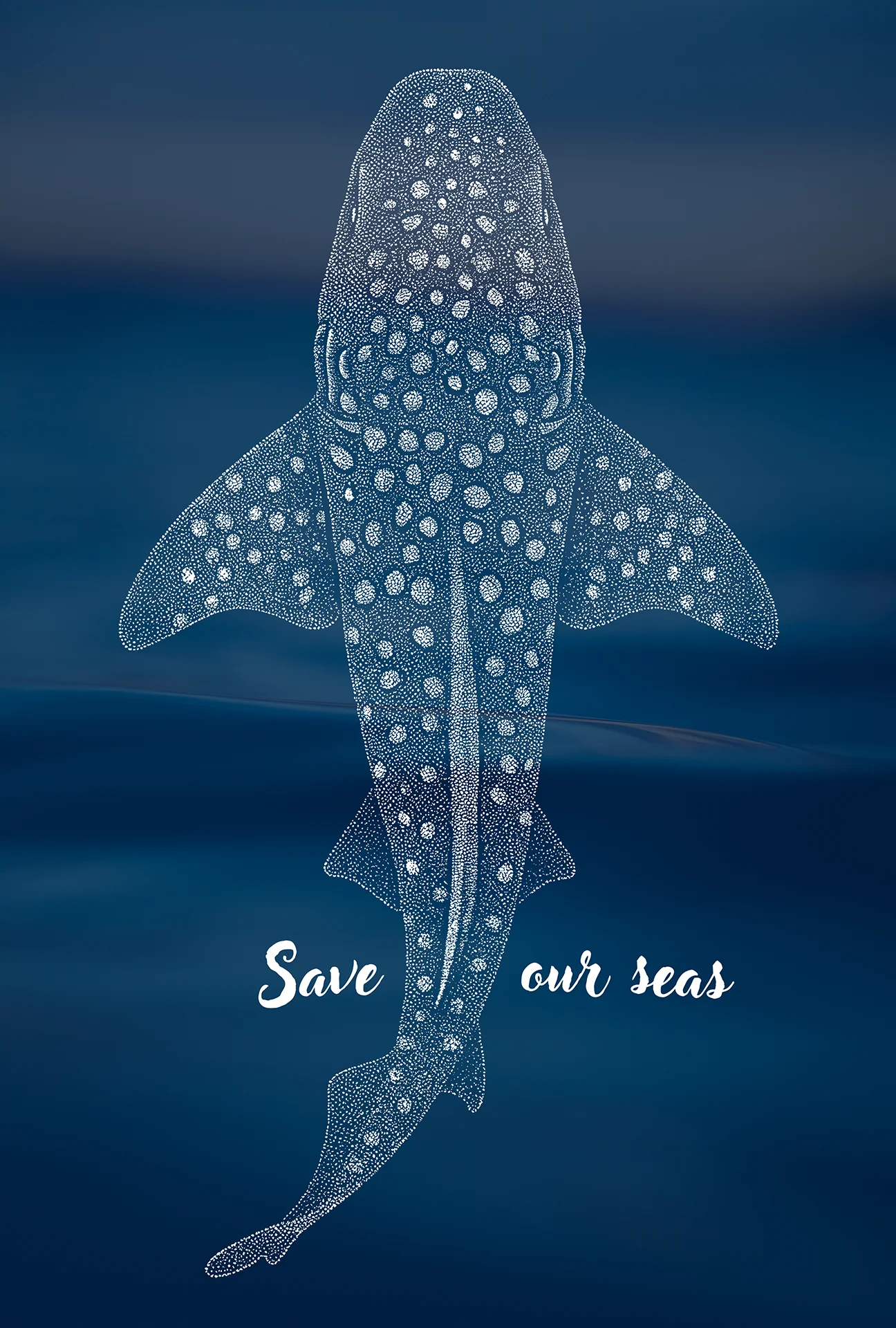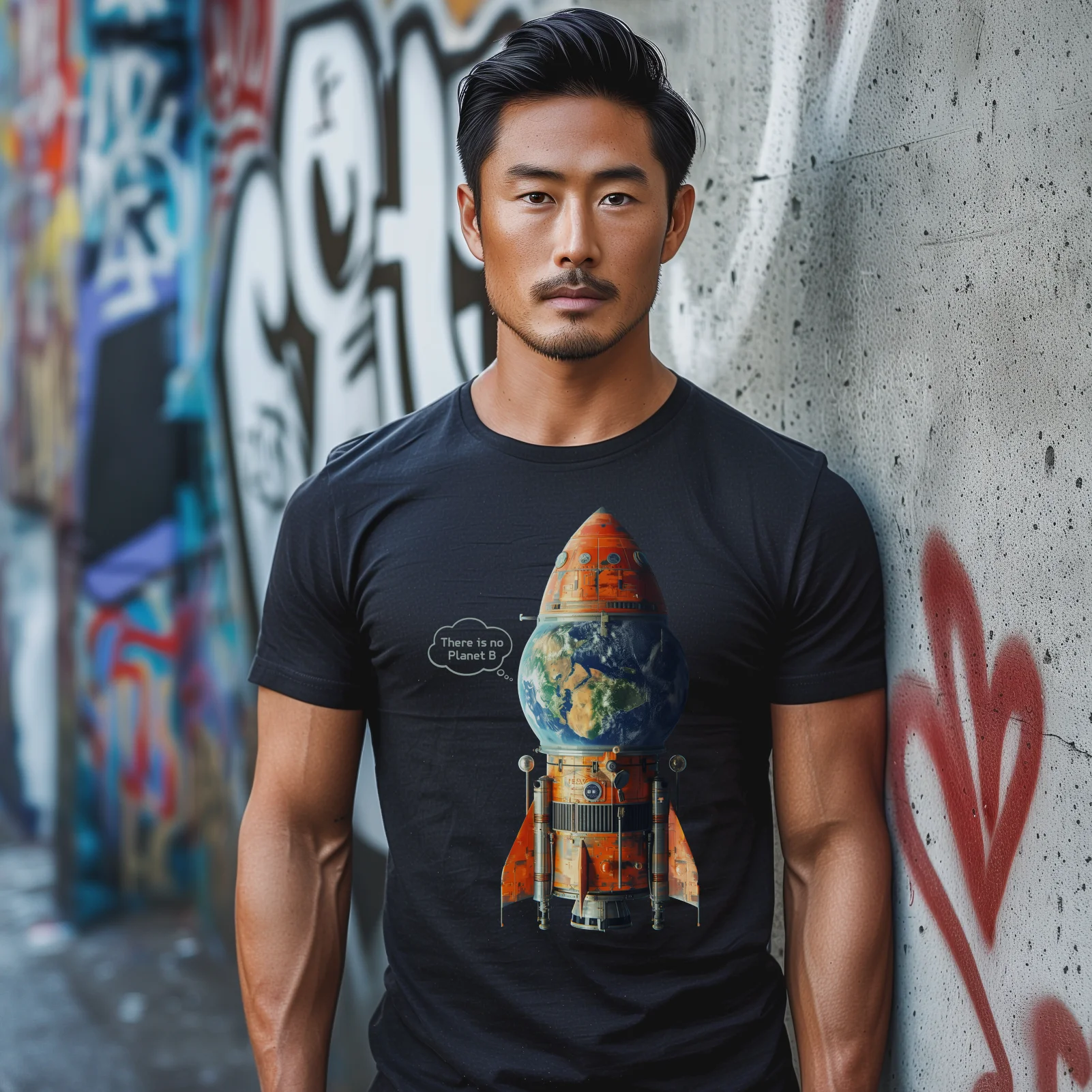Why Wine, Beer & Other Drinks May Not Be Vegan
Wine
Though grapes are plant-based, many wines are clarified using animal-derived fining agents:
Isinglass (from fish swim bladders), gelatin, casein (milk protein), or egg whites are commonly used to remove haze. These are filtered out later but still render the wine non‑vegan Reddit+5Financial Times+5AP News+5United Nations+6Food & Wine+6Wikipedia+6Wikipedia+5Wine Folly+5Wikipedia+5.
An increasing number of wineries now use vegan alternatives such as bentonite clay, plant proteins, or yeast-derived agents Food & Wine.
Beer
Many cask‑conditioned ales (notably in the UK) are clarified using isinglass, making them unsuitable for vegans Wikipedia+1Wikipedia+1.
Some beers include honey or lactose (milk sugar), which are animal-derived Wikipedia+1Food & Wine+1.
Large brands like Guinness have since reformulated to be vegan-friendly by eliminating isinglass in all formats since 2017–2018 Wikipedia+4Wikipedia+4Reddit+4.
Morality & Ethics: The Heart of Veganism
Veganism is driven by deep moral convictions regarding:
Animal suffering: factory farms and slaughterhouses subject sentient creatures to confinement, pain, and death, purely for human use.
Animal rights: many vegans hold a strong anti‑exploitation stance—believing animals deserve respect, autonomy, and freedom.
Consistent compassion: extending kindness to animals across diet, clothing, entertainment, and household choices.
Animal Testing: vegans avoid, wherever possible, any products that have been tested on animals
This moral framework empowers many vegans to view each consumptive act as a stance against cruelty and exploitation.
Animal Intelligence
Many beings commonly considered “food animals” are in fact remarkably intelligent and socially complex:
Octopuses possess nearly 500 million neurons—comparable to dogs—and can solve puzzles, unscrew jars, build shelter from coconut shells, demonstrate observational learning, and escape enclosures Wikipedia+1MDPI+1Wikipedia+5Scientific American+5Wikipedia+5.
Pigs outperform dogs on joystick video-game tasks, respond to human gestures, show emotional contagion and empathy, use mirrors to locate hidden food, and exhibit sophisticated social problem‑solving Wikipedia+1Wikipedia+1.
Corvids (crows, ravens) craft and use tools (e.g., wire hooks, dropping nuts onto roads for cracking), remember human faces, solve complex puzzles, and demonstrate planning that rivals primates ResearchGate+14Live Science+14Wikipedia+14.
Parrots, especially African greys, can use hundreds of English words meaningfully, invent portmanteaus, learn colors and shapes, and operate at the cognitive level of a young child Wikipedia.
Minimizing Harm, Maximizing Respect
All living beings have an inherent value. Since humans need nourishment, and because we have a choice, it’s ethically consistent to choose foods that minimize suffering:
Eating fruit does not kill the parent tree; harvesting roots, leaves, grains, fruits, nuts, seeds, and fungi typically avoids killing sentient beings. Eating whole plants is of course harmful to the plant, but most vegans take the position that eating plants causes far less harm.
Most vegans believe that there is a spectrum of consciousness and potential suffering and that animals generally have higher levels of consciousness and capacity for emotion and suffering above plants.
In contrast, eating animal flesh necessarily ends a life—and in modern systems, often involves suffering from confinement, chemical dosing, mutilation, and slaughter.
In ethical terms, veganism aligns with minimizing harm to sentient life while acknowledging unavoidable consumption of plant life—a mindful, principled choice.
Anatomy & Digestion: Built for Plants
Despite evidence humans consumed animal products in the past, several lines of research reinforce our physiology is optimized for plant and starch-heavy diets:
Reviews of human anatomy, dentition (flat molars, lack of sharp canines), intestinal length, digestive physiology, and metabolic outcomes suggest better adaptation to fruits, vegetables, starches, and fiber than to meat-heavy diets ResearchGateMDPI.
Broad cohort studies (e.g. EPIC, UK Biobank) link plant‑based diets to lower incidence of obesity, hypertension, type‑2 diabetes, cardiovascular disease, and certain cancers frontiersin.org.
Factory Farming: Stress, Chemicals & Health Risks
Even if someone occasionally consumes animal products, the systems that produce them often introduce health risks:
Antibiotics and growth hormones are routinely used in factory farms to counteract overcrowding and speed up growth; up to three‑quarters of global antibiotics go to livestock, contributing to antibiotic-resistant infections in humans farmkind.giving.
Animals are consistently stripped of their normal social structures and placed in overly cramped spaces for their entire lives. Animals in highly stressful environments produce higher levels of stress hormones like cortisol—which can compromise immunity—and residues of antibiotics may remain in meat, posing health risks including allergic reactions and antibiotic resistance in consumers saveourantibiotics.orgciteseerx.ist.psu.edupmc.ncbi.nlm.nih.gov.
Factory‑farmed animals also face systemic health decline, increasing risk of zoonotic diseases and pandemics farmkind.giving+1toledofreepress.com+1.
Environmental Impact & the Power of Plant-Based Living
How climate‑harmful is animal agriculture?
Livestock alone contributes 14–18% of human-generated greenhouse gases, and the broader food system contributes roughly a quarter of all GHG emissions The Guardian+11Wikipedia+11Wikipedia+11.
Animal agriculture uses ≈80% of global farmland, yet provides only ≈18% of global calories. Much of that land could be rewilded or used for more efficient plant production Wikipedia.
How much less environmental harm does veganism incur?
A 2023 Nature Food study found vegan diets produced approximately 75% less greenhouse gas emissions, water pollution, and land use, while reducing wildlife destruction by about 66% and water use by 54% compared to diets including over 100g of meat daily Nature+7The Guardian+7Wikipedia+7.
Another detailed UK study showed that vegans’ environmental footprint is about 25% that of high-meat‑eaters, across emissions, land use, water use and biodiversity impact Financial Times+4Nature+4medsci.ox.ac.uk+4.
What if enough people went vegan?
Full global adoption of veganism could reduce total agricultural GHG emissions by around 25–28% and shrink farmland use by billions of hectares—land comparable in size to Africa—allowing carbon sequestration and ecosystem restoration Financial Times+1Wikipedia+1.
Replacing even half of global consumption of meat and dairy with plant-based alternatives by 2050 might lower emissions by about 31%, halt deforestation, and restore biodiversity Wikipedia+1Sentient+1.
A 2016 PNAS‑based analysis estimated that widespread vegan adoption could avoid >8 million premature deaths by 2050 and cut emissions by about 70%, while saving trillions in health and economic costs TIME.
This section would not be complete without mentioning The Vegan Society!
Below is a section from their website. More information is available on https://www.vegansociety.com
Early vegans
The Vegan Society was founded in 1944 and may have been established nearly 80 years ago but veganism has been around much longer. Evidence of people choosing to avoid animal products can be traced back over 2,000 years. As early as 500 BCE, Greek philosopher and mathematician Pythagoras promoted benevolence among all species and followed what could be described as a vegetarian diet. Around the same time, Siddhārtha Gautama (better known as the Buddha) was discussing vegetarian diets with his followers.
Fast forward to 1806 CE and the earliest concepts of veganism are just starting to take shape, with Dr William Lambe and Percy Bysshe Shelley amongst the first Europeans to publicly object to eggs and dairy on ethical grounds.
The first modern-day vegans
In November 1944, Donald Watson (right and below) called a meeting with five other non-dairy vegetarians, including Elsie Shrigley, to discuss non-dairy vegetarian diets and lifestyles. Though many held similar views at the time, these six pioneers were the first to actively found a new movement – despite opposition. The group felt a new word was required to describe them; something more concise than ‘non-dairy vegetarians’. Rejected words included ‘dairyban’, ‘vitan’, and ‘benevore’. They settled on ‘vegan’, a word that Donald Watson later described as containing the first three and last two letters of ‘vegetarian’. In the words of Donald Watson, it marked “the beginning and end of vegetarian”. The word vegan was coined by Donald Watson from a suggestion by early members Mr George A. Henderson and his wife Fay K. Henderson that the society should be called Allvega and the magazine Allvegan.
Although the vegan diet was defined early on it was as late as 1949 before Leslie J Cross pointed out that the society lacked a definition of veganism and he suggested “[t]he principle of the emancipation of animals from exploitation by man”. This is later clarified as “to seek an end to the use of animals by man for food, commodities, work, hunting, vivisection, and by all other uses involving exploitation of animal life by man”.
The society was first registered as a charity in August 1964 but its assets were later transferred to a new charity when it also became limited company in December 1979. The definition of veganism and the charitable objects of the society were amended and refined over the years. By winter 1988 this definition was in use – although the phrasing has changed slightly over the years – and remains so today:
[…] a philosophy and way of living which seeks to exclude—as far as is possible and practicable—all forms of exploitation of, and cruelty to, animals for food, clothing or any other purpose; and by extension, promotes the development and use of animal-free alternatives for the benefit of humans, animals and the environment. In dietary terms it denotes the practice of dispensing with all products derived wholly or partly from animals.
